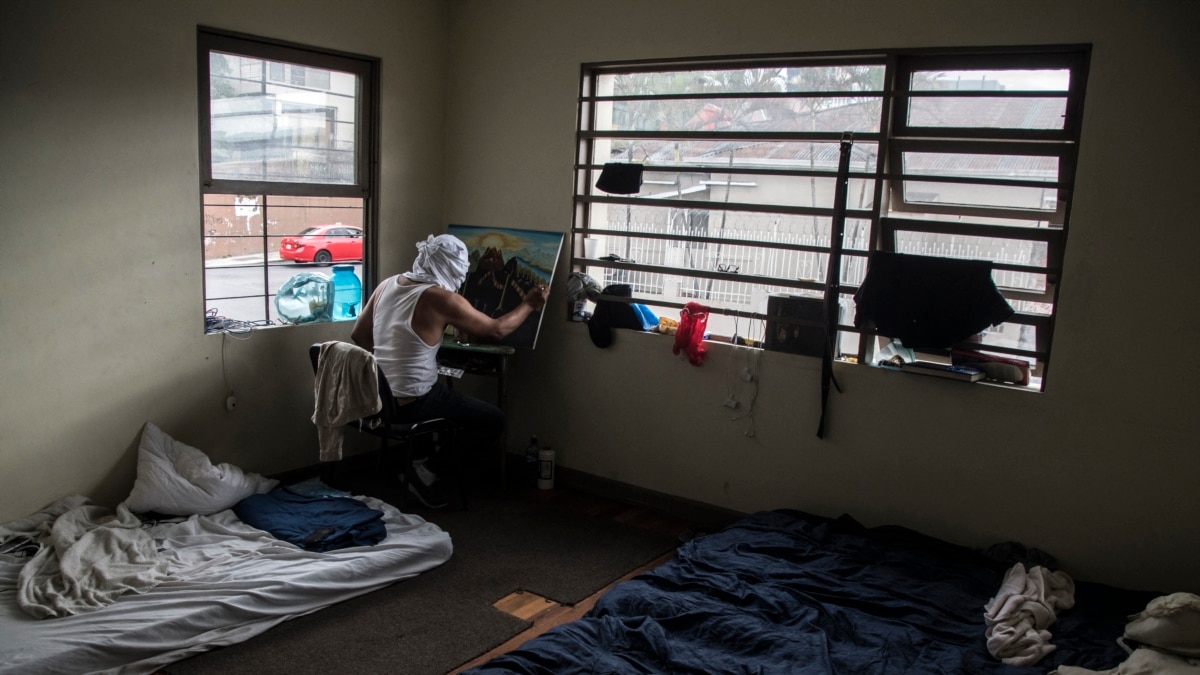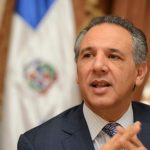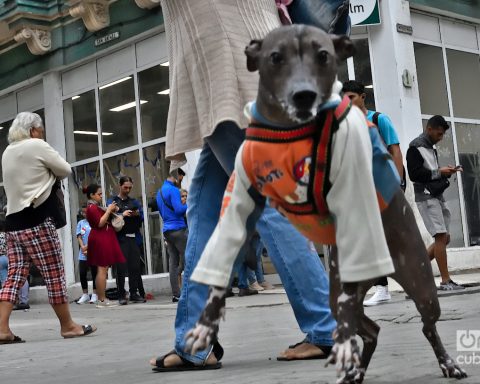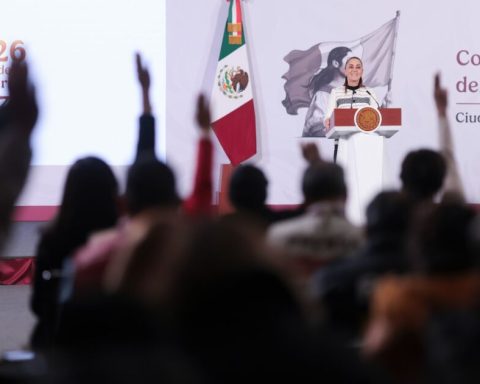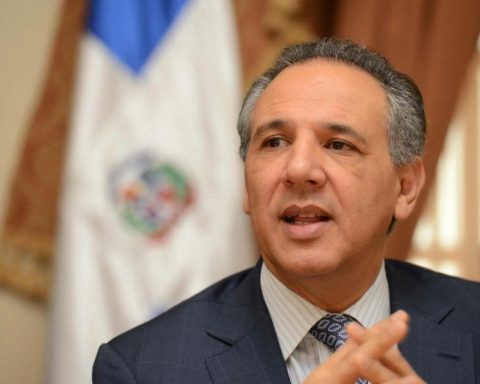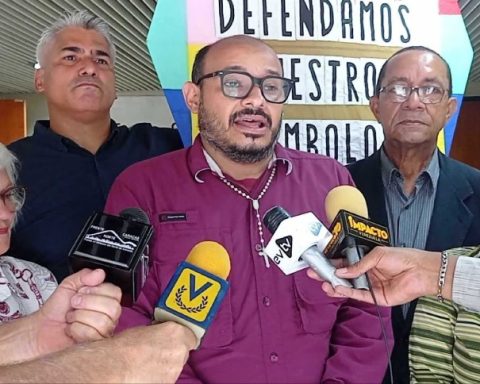The President of Costa Rica, Rodrigo Chaves, signed this Wednesday two decrees to regulate the massive migration to this country, which is reached, according to the president, mostly by “economic migrants” who seek to take advantage of the “generosity” of being a “legitimate refugee.”
The president reported that in the last four years at least 222,000 refugee applications have been completed, of which he assured: “they are not all legitimate refugee applications.”
The first legislation modifies the Refugee Regulations on the granting of work permits, which allows that when a refugee applicant card is issued, the person can carry out “work activities with freedom of condition after three months from its validity” , that is, without the need for an independent card to work.
With the modification, work permits will no longer be granted to applicants immediately, “but they must comply with the internal procedure established by the institution and that will be communicated in a timely manner.”
Chaves explained that those who have already been granted permits will only be renewed if the person is registered with the Costa Rican Social Security Fund (CCSS).
“When you apply for refuge, you have a work permit immediately and the Immigration Directorate tells us that 90%, or more, of the people who have applied for refuge or who arrive for appointments do not qualify. [como refugiados]. We are allowing the noble figure of the shelter to be abused by hundreds of thousands of people. That easy. This has nothing to do with xenophobia,” Chaves argued.
Similarly, the decree establishes that any new application for international protection, or refuge, must be submitted within one calendar month from the day of entry into the country, without the need to request an appointment.
To do this, the person must come directly from their country of origin, if not, they must justify the reasons why they did not request said protection in the country where they were.
The new measure also establishes that refugee applicants will no longer be able to leave Costa Rica “for any reason” while their application is being processed. Doing so will be understood as an abandonment of the process and “will be archived permanently.”
Special category for migrants from Cuba, Venezuela and Nicaragua
The second decree is aimed at the temporary special category for nationals of Cuba, Nicaragua and Venezuela, which would come into force on March 1, 2023, which according to President Chaves, represent 96% of refugee applicants.
According to Chaves, people in this category will be able to work for two years as long as “they give up their refugee application because what they are doing is working and they are not as refugees.”
“They go and register with the Social Security Fund, and show that they do not have a criminal record in their country,” he said.
According to Chaves, this consideration will be taken for people who have made their refugee application between January 1, 2010 and September 30, 2022, and who have not gone to their country in that period.
See also the VOA special: The path of the migrant
“The Directorate of Migration and Aliens tells us that as of this year the applications for refugee skyrocketed, boom! And those who were denied, stayed in the country. So, we are telling them: ‘look, we are going to give you a chance but you are going to have to fulfill your obligation like any neighbor who lives next door to your house, who walks the same streets. Make sure, pay the till. If not, why do you have a work permit?'” insisted the president.
It is a national security issue as well and what we are doing is shutting down the abuse once and for all.”
“They can work on their own account, as an employer, but paying their dues and, obviously, criminals, people with a criminal record have no rights because that is not what we want. It is also a matter of national security and what we are doing is closing the abuse once and for all”, added Chaves.
According to the president, to date, the General Directorate of Migration and Aliens of Costa Rica has received 222,056 refugee applications since 2018, of which 172,689 are still pending resolution.
Chaves indicated that the institution has allegedly detected that between 80 and 90% of the people who request refuge do not qualify within the definition of this international protection, “including economic migrants or those who have been living in the country for years and have never been regularized.” ”.
Connect with the Voice of America! Subscribe to our channel Youtube and activate notifications, or follow us on social networks: Facebook, Twitter and instagram
